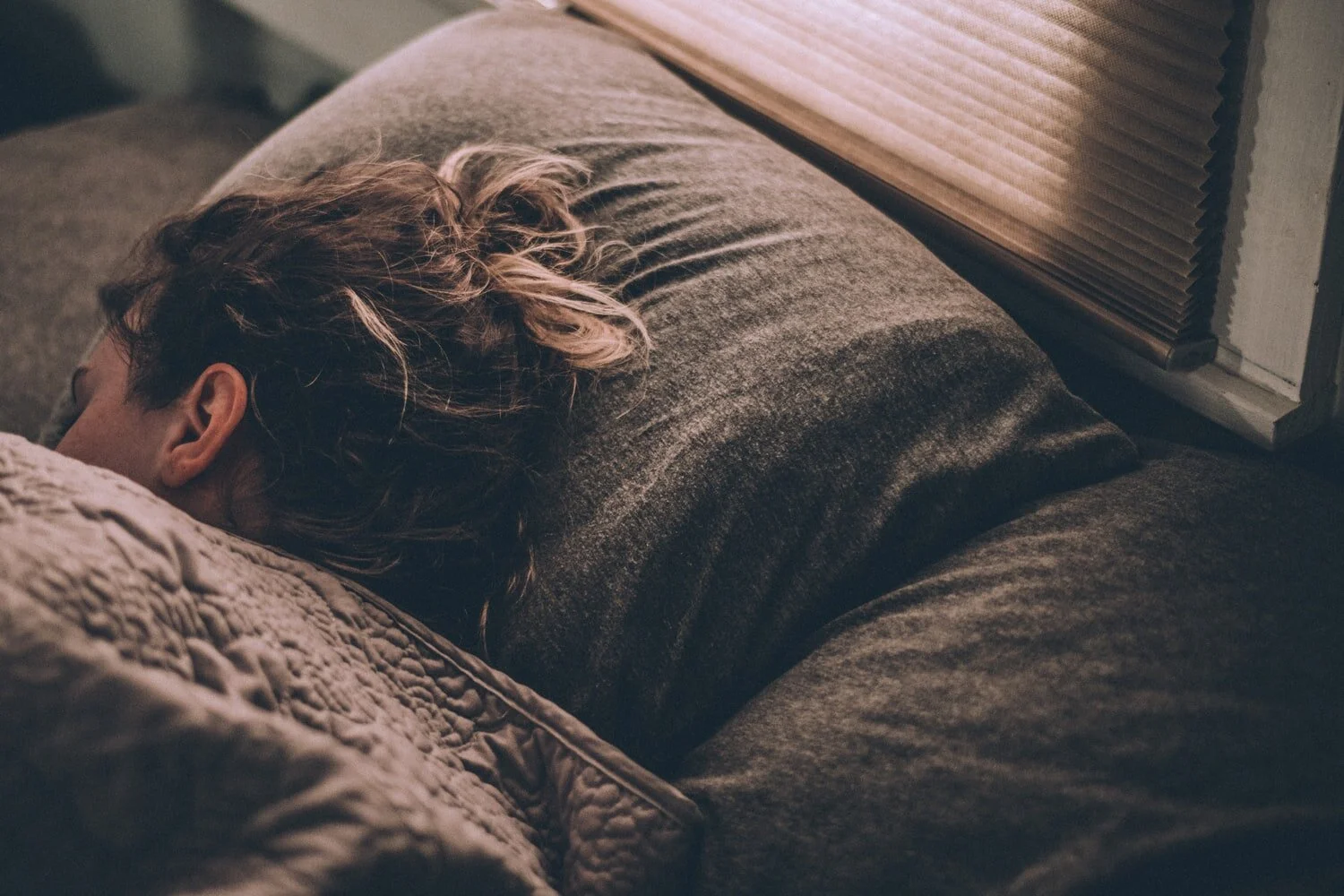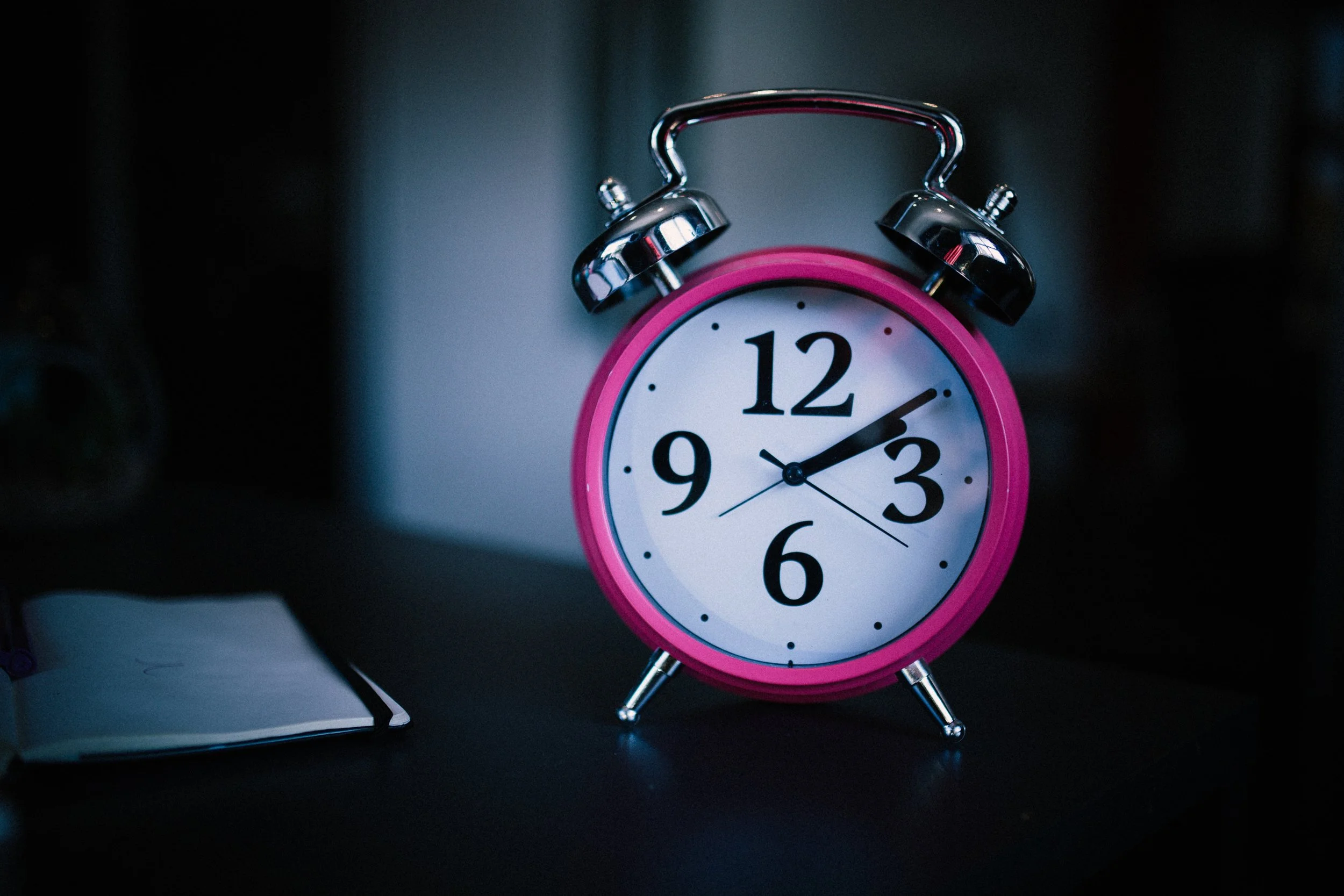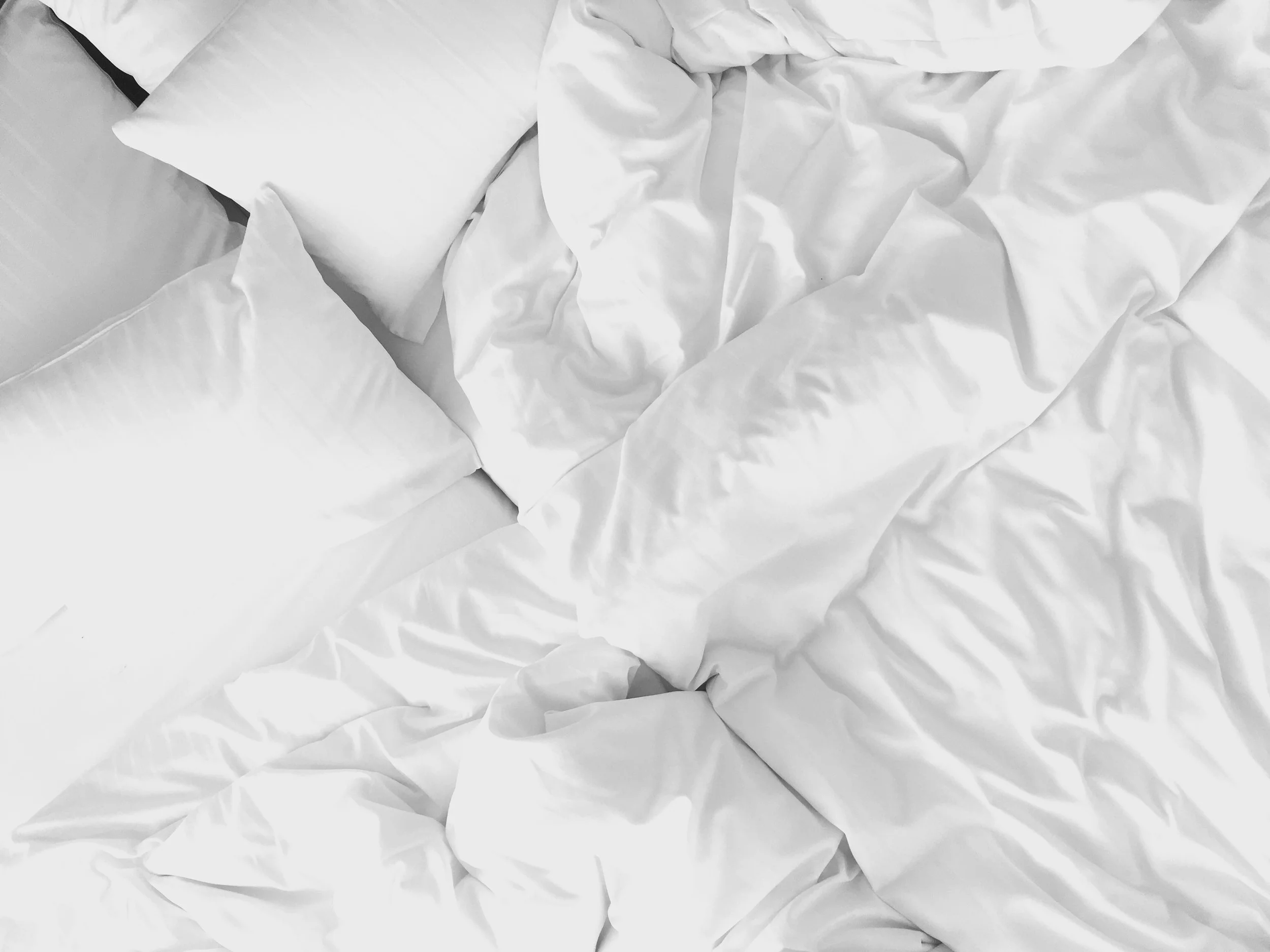Here’s How You Can Get Your Perfect Night’s Sleep
Our relationship with sleep in one of the most important connections we’ll ever have in our lives. Getting less than your recommended hours can have an impact all over your day-to-day, affecting things from your mood and attention span, all the way to your heart health and the strength of your immune system. In our increasingly distracted and technology-filled culture, we all need a little help to rest.
So, here’s our guide to getting yourself dreaming quicker, without the need for all those pesky sheep.
1. Try your best to get into a sleep schedule, and stick to it even on weekends
Finding a sleep schedule that works for you is a great way to combat tiredness, and to better teach your body and mind that bedtime truly is for sleeping – not for staying up all night watching as many episodes of Friends as you can.
Going to sleep and waking up at the same time every day, and avoiding as many late nights, naps and lie-ins as you can, has been proven to help improve your sleep in the long run. It might not feel so fun at first, particularly if you’re a night owl or a late-riser, but rewiring your body’s internal clock will set you up to get the best rest of your life.
There are two key elements of sleep scheduling that’ll help you the most. Firstly, learning your recommended hours of sleep and ensuring you get them – for an adult, this is between seven and nine hours a night – while also making note of your natural sleep-wake cycle. By sticking to this plan, you’ll soon notice you start waking up even before you need your alarms. Secondly, if you have the time and means to visit a doctor then it always helps to rule out any sleep disorders of health concerns that could be affecting your snoozing. By taking these extra steps to understanding your problematic sleeping, you’ll soon see your problem slip away into a deep slumber of its own.
2. Use light as a tool to help
It might sound crazy, but one of the most useful tools in your fight against insomnia is actually light. By increasing your exposure to sunlight during the day, spending time outside where possible and opening up your workspace to the daylight, you’ll remind your body that darkness means it’s time for sleep and for your brain to start switching off from the day. It’s for this same reason that we also recommend sleeping in a dark room, with no light at all.
One type of light to watch out for is blue light; the kind our phones, TVs and computer screens emit constantly. Limiting our exposure to this does wonders for our sleep as researchers have found its presence supresses the production of our sleep hormone, melatonin, more than any other light out there. So, whether you’d prefer to purchase a pair of blue light cancelling glasses to wear throughout the day or just to cut back on your exposure in the evenings, you’ll be helping yourself sleep like a baby in no time.
3. Change up the setup of your bedroom
Your sleep environment is another of the most important factors to resting well. Moving rooms or houses is entirely not feasible for most of us, but there are ways to upgrade your space for a winning sleep without spending an arm and a leg.
Something as simple as changing the temperature of your room can help, as most humans sleep best in a cool space. One that’s not too hot or too cold is perfect, so crack open a window, or layer up a few blankets this winter, and make sure your room won’t wake you. If you can buy or borrow some new linens, extra pillow or another comforter then do it, as levelling up your linens can often make your bed feel comfier with even the smallest of changes.
When trying to sleep, ensure all noise is kept to a minimum or only calming noises that actually help you drift off are heard. Finally, keeping your bed as a designated area for only certain activities can help your brain associate the space with sleep. We’d recommend saving your bed for sleep and sex only, and taking all other activities elsewhere.
4. Take up regular exercise that works for you, just don’t practice right before bed
While purposeful exercise is definitely not for everyone, it can certainly help for those of us struggling to get some shuteye. Any and all exercise improves your quality of sleep in a number of ways, so no one type is far better than any others. When your engaging in movement, your basal body temperature rises and your body produces and uses the hormone cortisol. As your temperature drops down after exercising, and your levels of cortisol begin to fall, this makes for the perfect restful recipe.
It can take a few months of regular exercise to feel it’s full sleep-enhancing benefits, so make sure it’s a habit you enjoy. If not, then it’s a habit to leave be. It’s advised that you finish all intense workouts – think running, lifting weights or swimming laps – at least three hours before you sleep, but any low-impact exercises, like yoga or stretching, can be done closer to bedtime.
5. Know how food and drink can help
One thing that’s often overlooked as a cause for limited sleep is what we’re drinking during the day. Did you know that it’s not only recommended to slow down on the caffeine near bedtime, but the alcohol too? Both these substances can interfere with your sleep cycle and affect your ability to drift off up to twelve hours after drinking them. If you’re trying to set yourself up for a strong sleep routine, then it might also be a great idea to have a drinks schedule too – perhaps swapping these drinks for glasses of water, juice or decaffeinated coffees and teas closer to your bedtime.
However, if you’re still struggling with recovery from an eating disorder and need to be without any boundaries around your food and drink, then we recommend perhaps looking elsewhere in your life. With less of a focus on the things we’re eating, and more of one on the areas where we may be sleep-hormone deficient, considering a melatonin supplement with your healthcare provider could be a great alternative way to go.
6. Experiment with different ways to get back to sleep
If you often struggle with falling back to sleep, and are typically up in the night more than you’re not, then these ideas are absolutely for you. As we’ve already learnt about light, limiting your use of it when sleepy is ideal – consider installing a nightlight on a dimmer or using a small flashlight to get up and move around if you need to, but no more than this. If you often wake up feeling anxious or stressed by a thought, perhaps make yourself a sleep-notebook and make a note of it on paper. Keep the book by your bed so it’s handy, but don’t revisit your notes until the next day, leaving your thoughts right there.
It’s also helpful to move away from the thoughts by clearing your mind. Change your focus from the thought, or even from the desire to sleep, and focus solely on relaxation instead. Try focusing on the tired feelings in your body, breathing deeply and visualising only a blank mind. If all else fails, then take up a low-stimulation activity to pass the time until you’re sleepy again, like reading a paperback book or magazine, or listening quietly to calming music.
7. Minimise the amount of stress and worry in your everyday life
While this is always easier said than done, it always helps to relax before bed. Setting aside time for ourselves at the end of the day is far more important than we realise, and helps bring around a sense of peace that’s so important for sleep. Perhaps listen to music, read a chapter of your favourite book, take a hot bath or shower, meditate, practise some deep breathing or maybe even try visualisations for the night and day ahead.
Whatever you choose to do, make sure you’re putting yourself first. The best sleep of your life will follow soon after.








